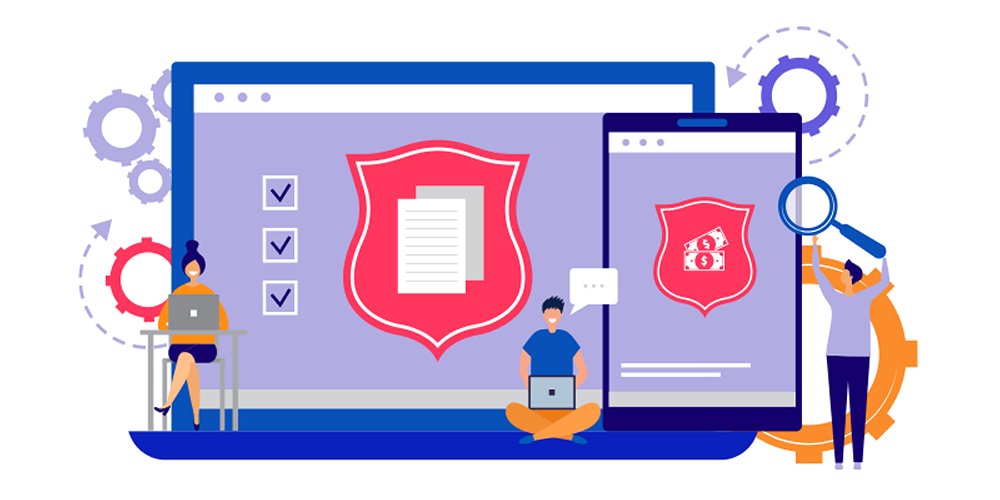Approximately two months have passed since the beginning of social distancing, and working from home has become the norm. Virtual private networks are a way for remote workers to access the business’ system from home and therefore keep working, and these networks need to stay strong and secure. Read on to learn more about maintaining this link between your employees and your business.
Keeping the Network Secure
Because your workers access your network from a variety of locations, there are many more places for malware or other intrusions to enter. In order to prevent unauthorized access, the starting point is training workers to access the network. They will need a strong password that cybercriminals cannot guess. The connection itself will need to be secure, limited to a work-issued computer on the network, one with the most current antivirus and anti-malware definitions. By this time, employees need to understand how to recognize and avoid social engineering schemes such as phishing, and to report any suspicious emails.
Protecting Your Work Equipment
Having up-to-date antivirus and anti-malware equipment is vital, and so is physically protecting work equipment, especially that provided by the employer. If possible, work in a separate office. When not working, equipment needs to be off, and the door locked in order to prevent theft or unauthorized access. Keeping the equipment physically safe increases the chances of keeping it (and the network it connects to) safe from cyber attacks, as well. If an office isn’t available, the worker can indicate that equipment is off-limits by closing the laptop or covering the desktop computer and telephone.
Physically protecting work equipment, and safeguarding your virtual private network and monitoring its health and safety, are critical to keeping it functioning at its best. To evaluate and improve your network in this time of remote work, contact your trusted technology advisor today.

